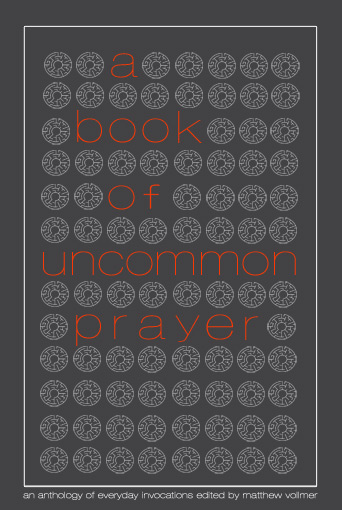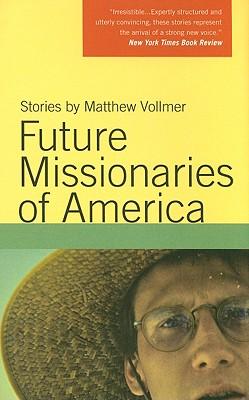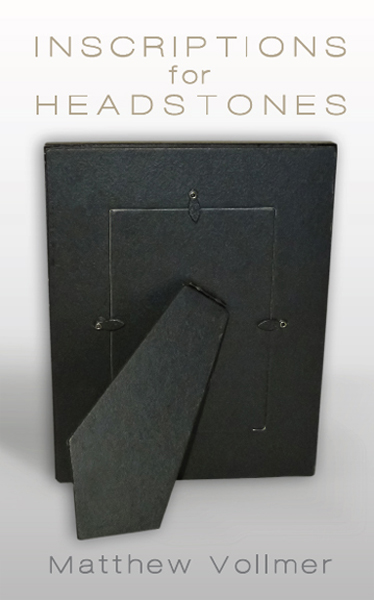I recently had a conversation with someone more familiar with this book than myself, and it brought up a few things that I didn’t really address -or that I addressed badly- in my original reading log. As such, I want to set the record straight. This project is, and will continue to be, a series of rough drafts, and as such I did not want to edit the original entry (which can be found here: https://seanvansickel.com/2016/04/16/matthew-vollmers-gateway-to-paradise/).
The main complaint I had about Gateway to Paradise was that I felt it was timestamped. In addition to the aforementioned conversation, I have re-read the book, and while I still feel it falls short of his other work, my complaints were a bit too generalized. I had not realized this, but almost all of my irritations at the “ephemera” in this collection were centered on one story, “The Visiting Writer”. Vollmer references Malaysia Airlines flight 370, (the missing plane that dominated CNN in 2014) The Walking Dead, (”I slid out my phone and texted my wife, who, at this hour, would no doubt be curled up in bed, binge-watching a show that followed the survivors of a zombie apocalypse”)and Instagram (“…my eleven-year-old daughter’s recent obsession with a photo-sharing social media app, and that she now spent the majority of her free time taking pictures of herself wearing sunglasses or of the strawberry sandwich cookie she was about to ‘crush’ or simply posting kissy-face Emojis to a variety of boys’ comment streams…”). This is a story that I actually found very memorable, very good both as a whole and with regard to specific passages that jumped out and grabbed me. I found this story (and to a very slightly lesser extent, “Probation”) to be the strongest and most memorable story in the collection, yet the things that irritated me most about this book were all within my favorite story. This seems to tie in with my larger experience with the text -I’m going to be most critical of the things that interfere in any way with the kind of writing I enjoy most. When I go into a book written by an author I love, I’m going to dig out any and all irritations, especially in those stories or sections I enjoy most.
This brings me to an evaluation of the methodology of my way of logging my reading experiences. As longtime readers know, I always keep these reading logs to three paragraphs, and I tend to refrain from quoting or referencing the text in question. I want to communicate the general experience of the text to my readers, rather than analyze the particulars. I love literary criticism and analysis, but that isn’t what this project is for. I think there is value in this kind of general and quickly digested approach, (and I’ve gotten comments and messages to that end) but it is going to leave a lot of important information out. So, to clarify, these writings are not reviews. They are not an in-depth examination of a text. They are recollections and impressions, intentionally recorded at a distance from the source material. There is a different kind of truth to be found in these sorts of observations, and I find it to be worth pursuing.




